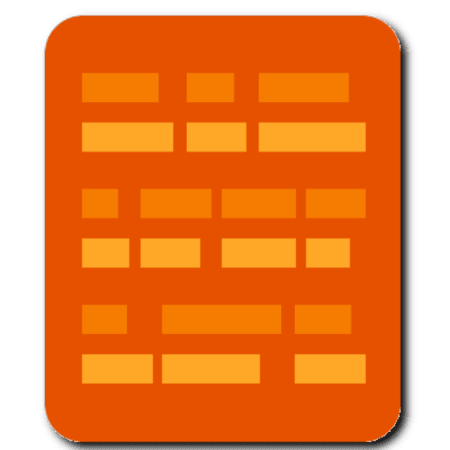News
German Grammar
Articles and Nouns When starting to read German texts, apart from a basic vocabulary, it is nice to have a basic understanding of the grammar. It will not demand much...
German Grammar
Articles and Nouns When starting to read German texts, apart from a basic vocabulary, it is nice to have a basic understanding of the grammar. It will not demand much...
The Steps To Learn A Language Fast & Easy
Step 1: Get A Basic Understanding Maybe you already have a base vocabulary of the language that you want to learn. You might have picked it up at school, but we...
The Steps To Learn A Language Fast & Easy
Step 1: Get A Basic Understanding Maybe you already have a base vocabulary of the language that you want to learn. You might have picked it up at school, but we...
Learn Italian Simply by Reading
New: Italian Short Stories Now you can continue your vocabulary expansion with Italian Short Stories. Any new words encountered in the text will be learned when rereading the text until...
Learn Italian Simply by Reading
New: Italian Short Stories Now you can continue your vocabulary expansion with Italian Short Stories. Any new words encountered in the text will be learned when rereading the text until...
Dutch Grammar
Dutch Nouns Dutch grammar is similar to German grammar and to a lesser extent English grammar. For Dutch nouns, like with German, there are different definite articles ("de" and "het"...
Dutch Grammar
Dutch Nouns Dutch grammar is similar to German grammar and to a lesser extent English grammar. For Dutch nouns, like with German, there are different definite articles ("de" and "het"...
Extensive Reading with Spaced Repetition
Spaced Repetition - Fast, but Boring and out of Context To learn vocabulary there are two major methods, flash cards and extensive reading. Regular vocabulary training (learning word lists) has...
Extensive Reading with Spaced Repetition
Spaced Repetition - Fast, but Boring and out of Context To learn vocabulary there are two major methods, flash cards and extensive reading. Regular vocabulary training (learning word lists) has...
French Grammar
Verb or Adjective Inflections There's no need to cram all French grammar before you have done any reading. The best way to acquire new knowledge is to experience it. So...
French Grammar
Verb or Adjective Inflections There's no need to cram all French grammar before you have done any reading. The best way to acquire new knowledge is to experience it. So...
